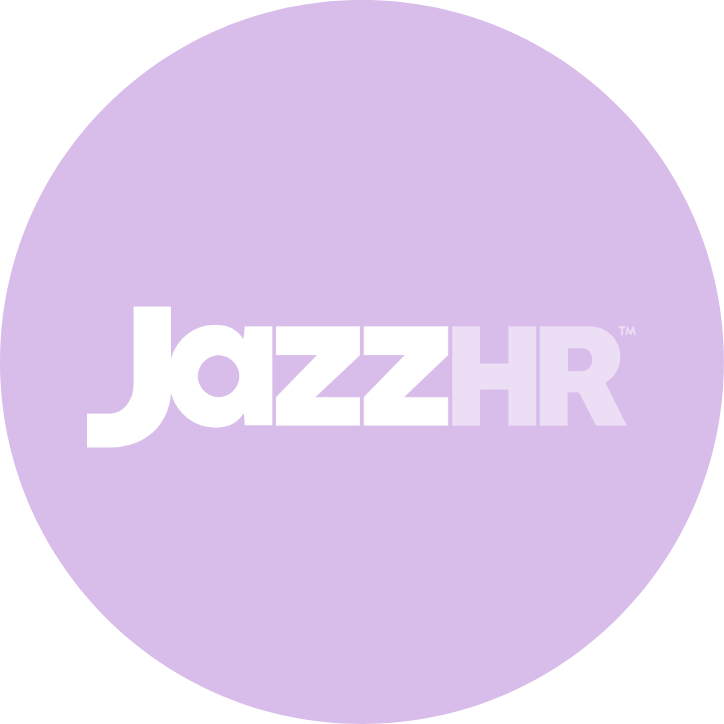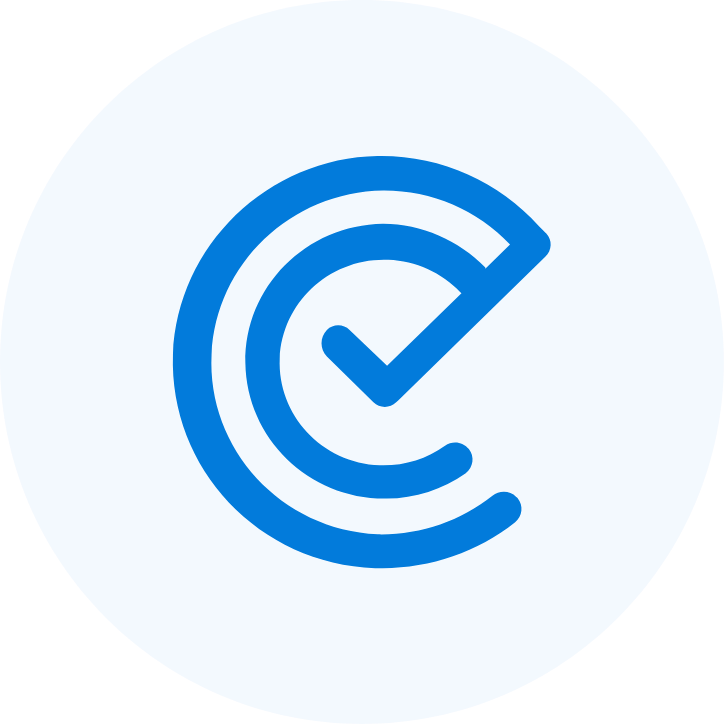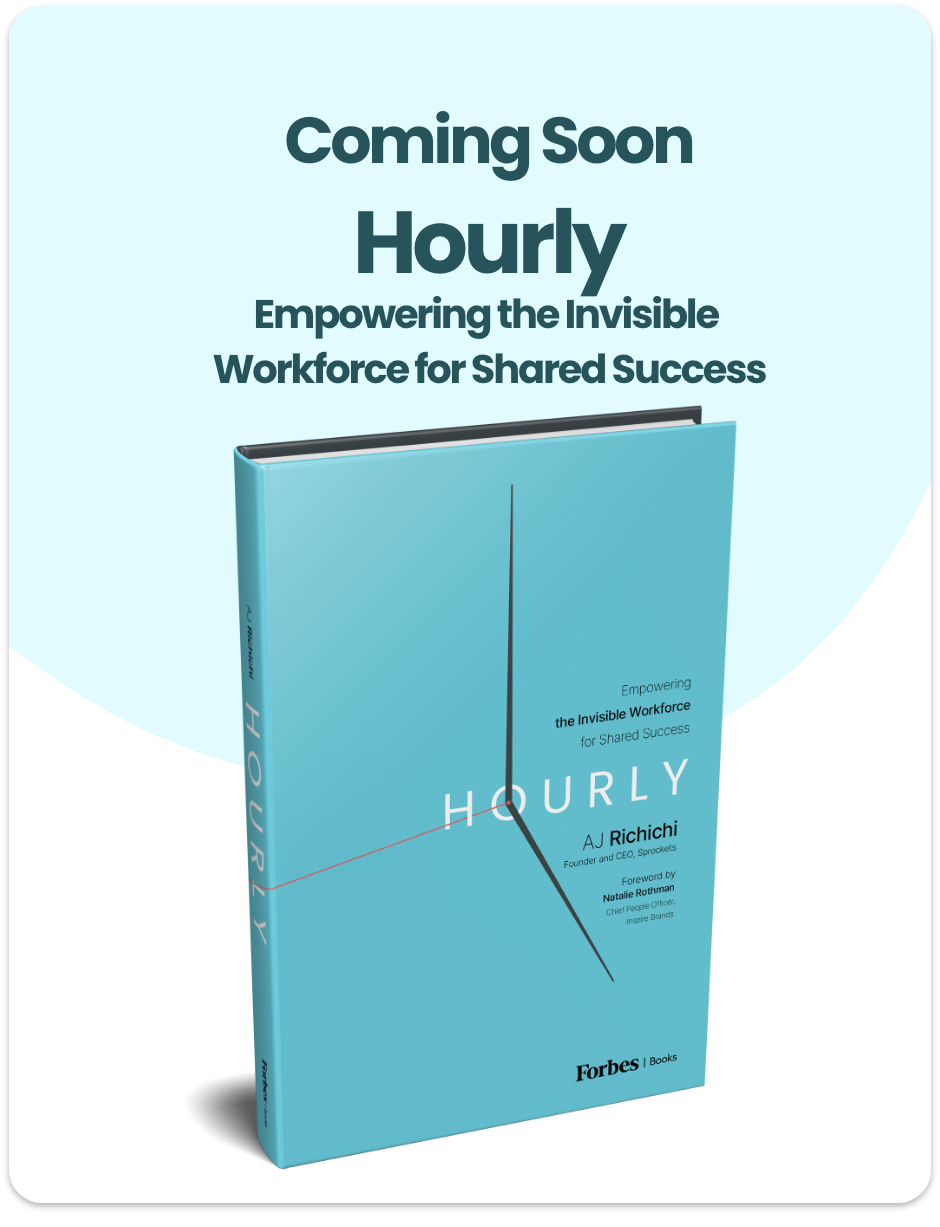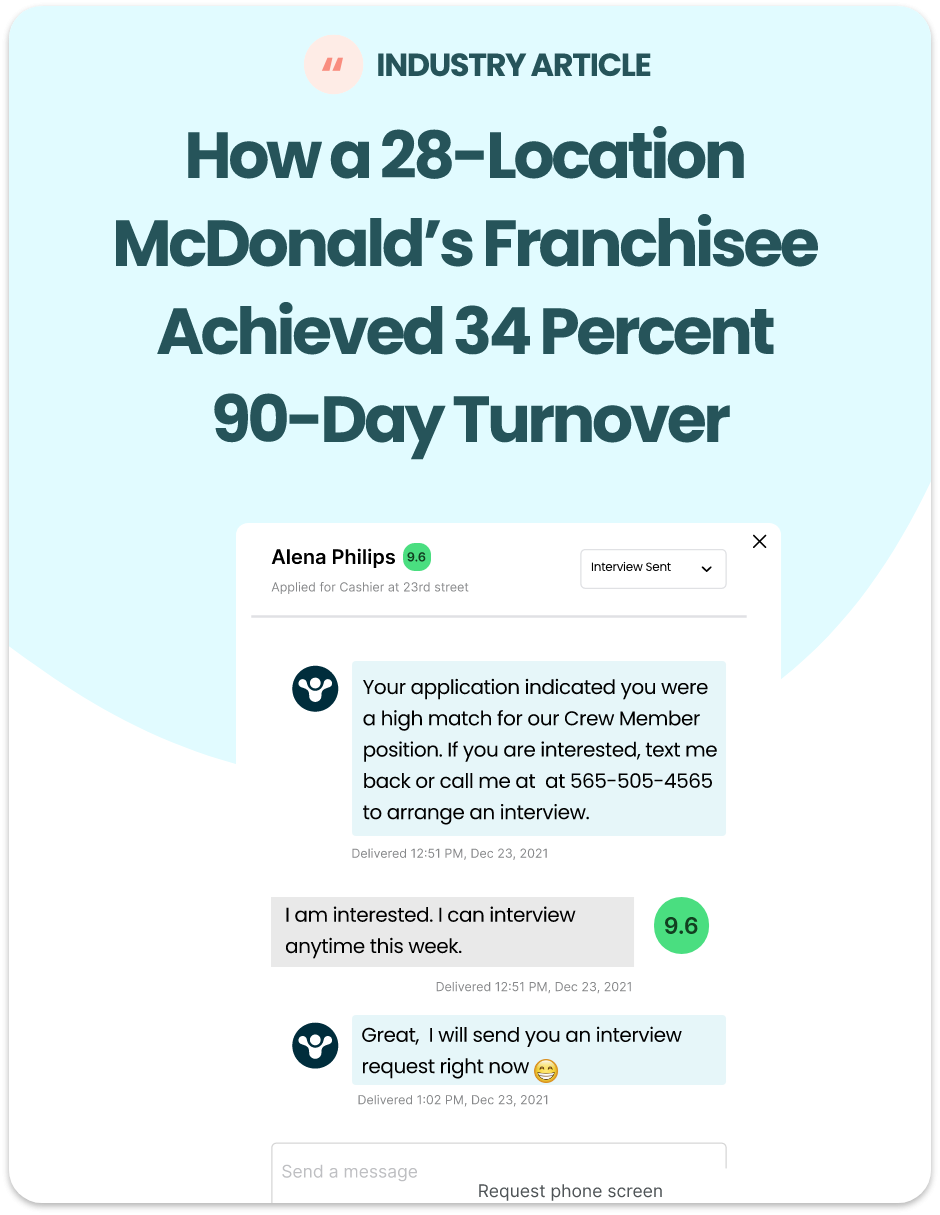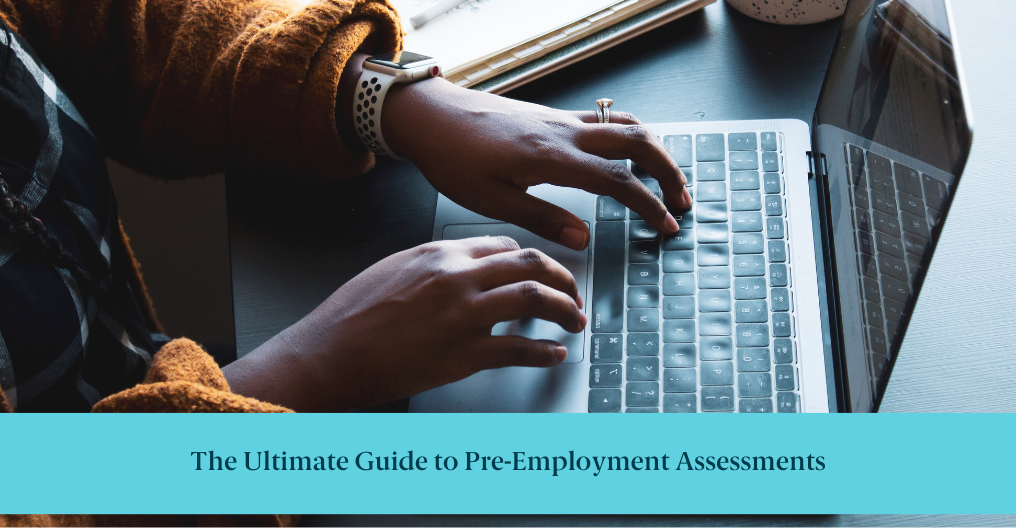What happens between the time a job seeker applies to your open position to the time they sit down for an interview? Sure, you might be reviewing their resume, skimming through their LinkedIn and maybe even Instagram, but how else are you learning more information about your candidate?
In high turnover industries like hospitality, businesses can’t afford to waste time or money on candidates who won’t work out — that’s why some require pre-employment assessments before moving forward with their hiring process. Whether you currently use them or not, we’ll walk you through everything you need to know about pre-employment assessments so you can determine the best recruitment strategy for your business and start hiring the best applicants every time.
What Are Pre-Employment Assessments?
Let’s start with the basics. Pre-employment assessments are tools used in the pre-screening step of the hiring process to predict an applicant’s likelihood of success. While there are several different types of tests, pre-employment assessments provide employers with details about their applicants to help them make smarter hiring decisions. It’s a sneak peek into how applicants will behave and perform in the workplace.
Types of Pre-Employment Assessments
- Job Knowledge Tests: Applicants are asked to demonstrate their expertise on processes they’ll encounter if they were to be hired.
- Integrity Tests: These questions evaluate an applicant’s reliability and honesty. Candidates may also be required to pass a drug test.
- Cognitive Ability Tests: The most common pre-employment assessment measures a candidate’s mental capacity to think through complex situations they may encounter at the workplace.
- Personality Tests: Analyzes personality traits to determine whether or not an applicant will fit in with the company culture and be an engaged, productive employee.
- Emotional Intelligence Tests: Gauges how a candidate builds relationships and resolves conflict, especially in high-pressure situations.
- Skills Assessments Tests: Evaluates an applicant’s soft and hard skills.
- Physical Ability Tests: Assesses a candidate’s physical strength such as lifting 50 lbs.
Are Pre-Employment Assessments Legal?
Yes, pre-employment assessments are legal on a federal, state, and local level in the United States as long as they are Equal Employment Opportunity Commission (EEOC) compliant. There are a few laws in place to eliminate discrimination “against anyone on the basis of personal qualities that aren’t job-related”, including:
- Title VII of the Civil Rights Act of 1964: Prohibits failure to hire an individual based on race, gender, color, religion, or national origin.
- Age Discrimination in Employment Act of 1967: Illegal for employers to discriminate against people 40 and older.
- Americans with Disabilities Act of 1990: Employers cannot discriminate against anyone with any kind of disability.
It’s also important employers understand the validity of pre-employment assessments used in their hiring process. There are currently three primary forms of validity approved by the EEOC:
- Construct Validity: Whether a questionnaire measures what it claims to measure and in a way that is consistent with the definition of those dimensions.
- Criterion-Related Validity: Shows that the dimensions or scales are predictive of something tangible such as differences in scores on a scale related to work behavior or performance.
- Content Validity: Demonstrates that the behaviors measured in the selection procedure are a representative sample of the behaviors of the job in question.
Pros and Cons of Pre-Employment Assessments
Pros:
- Accelerates the Hiring Process: Employers are able to make smarter, more informed decisions about who they hire, therefore reducing costly employee turnover.
- Increases Quality of Hires: When an applicant is willing to take a pre-employment assessment, it shows they are committed and are likely more interested in the position than an applicant who fails to complete a test.
- Provides Equal Opportunity: Every applicant will take the same pre-employment assessment ensuring a fair and honest process.
Cons:
- Partial Picture of the Candidate: Like resumes, some pre-employment assessments only provide a snapshot of an applicant’s character. It’s important to consider other factors and refrain from solely basing your decision to move an applicant forward in the hiring process based on these tests.
- Questionable Validity: Unfortunately, not all pre-employment assessments are accurate and truthful; some can have an adverse impact when used in the hiring process.
Are Pre-Employment Assessments Worth It If They Add Another Step to the Hiring Process?
The short answer is yes, pre-employment assessments help you narrow down which candidates you want to spend time interviewing. An extra few minutes of your candidate’s time could save you thousands of dollars, hours of time in your work day, and one heck of a hiring headache!
Some pre-employment assessments like Sprockets’ solution eliminates the need for interviews. Our platform reveals which applicants share personality traits with a business’s current top performers based on their answers to a three-question survey that takes less than ten minutes to complete. Ultimately, it empowers owners and operators to build reliable, cohesive teams and reduce employee turnover.











